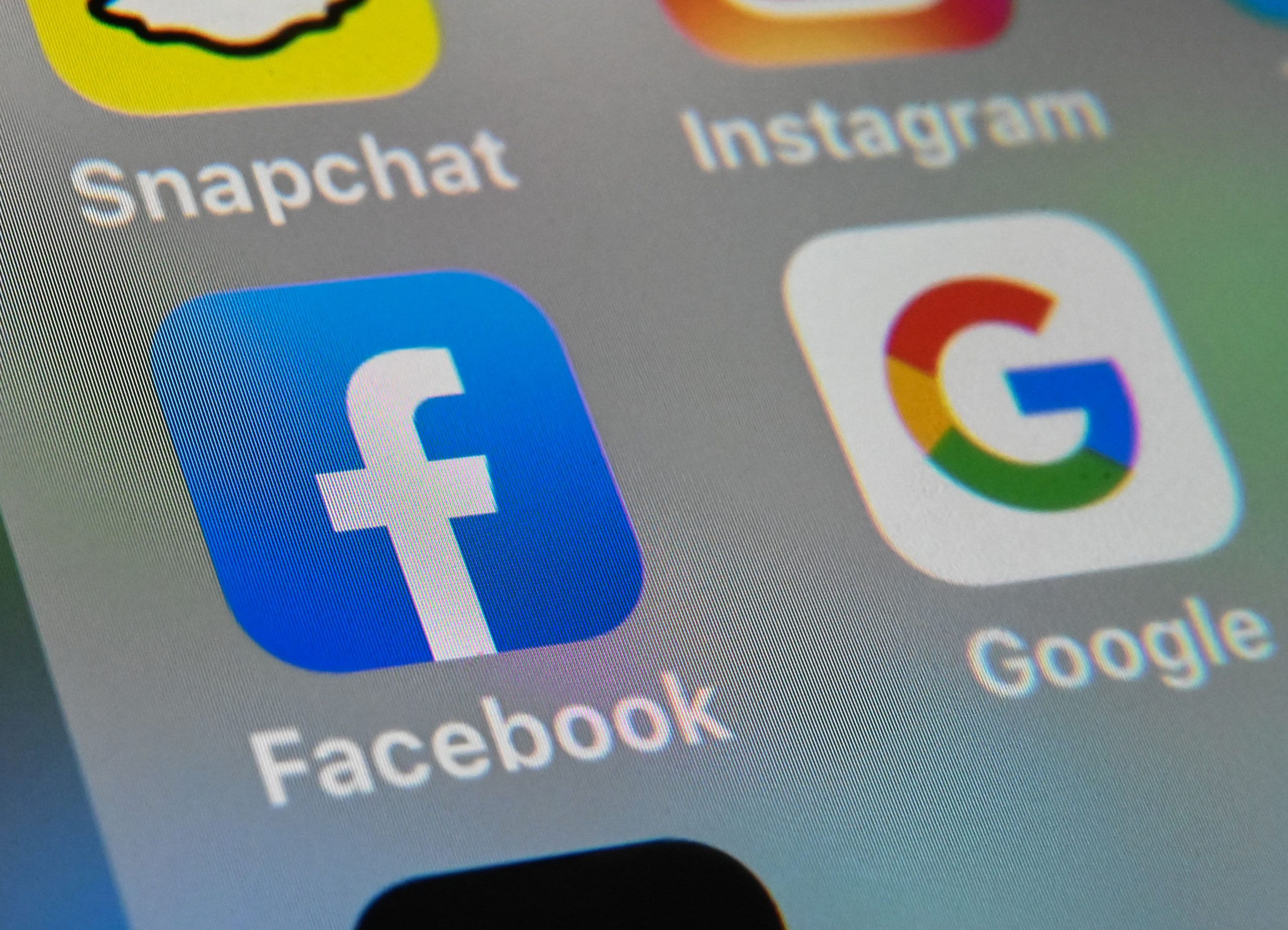Logos for Facebook and Google apps are displayed on a tablet.
Denise Charlett | Agence France-Presse via Getty Images
London – Facebook announced that it will start rolling out its Facebook News product in the UK on Tuesday, and will pay publishers for their content.
Facebook News is a dedicated section within the Facebook app that displays curated and personalized news from hundreds of national, local and lifestyle publications.
The product, which competes with Apple News, launched in the US last June and the UK is the second country to receive it.
Facebook claims the product provides “informative, reliable and relevant news” to users while highlighting original and authoritative reports on pressing topics.
„This is the start of a series of international investments in the news,“ Jesper Dobb, Director of European News Partnerships at Facebook, said in a blog Tuesday.
„The product is a multi-year investment that places original journalism in front of new audiences as well as providing publishers with more advertising and engagement opportunities to build sustainable businesses for the future,“ he added.
Facebook announced the launch of Facebook News in the UK in November, saying it would feature content from media partners including Conde Nast, Hearst, The Economist and Guardian Media Group.
On Tuesday, Facebook announced that it has now subscribed to Channel 4 News, Daily Mail Group, DC Thomson, Financial Times, Sky News, and Telegraph Media Group.
Some of the content that would normally be unsubscribe protected can be viewed for free on Facebook News, which is expected to launch in more countries this year.
“We will continue to learn, listen and improve Facebook News as it spreads across the UK and in other markets, including France and Germany, as we are actively negotiating with partners,” Dobb said.
Tech giants like Facebook and Google are under increasing pressure to pay media companies for their content.
A Facebook spokesperson told CNBC that the company would pay certain UK posts to display their content on Facebook News, but was unable to disclose the amount.
„We will pay some publishers to subscribe to Facebook news,“ he said. „We are paying for content that is not already on the platform in order to achieve a variety of coverage across a range of thematic areas.“
He added, „For the majority of publishers who appear on Facebook News, monetization will be the same as monetization through other Facebook tabs, from referral visits to your sites or ads in online articles, prompting people to enter the unpaid subscription blocking system.“
Google Battle
Last week, Google signed a deal to pay French publishers and news agencies a fee for their content.
The agreement comes after several months of talks between Google France and the media groups represented by the Global Press Alliance for Public Information lobby.
Google said it would negotiate individual licenses with coalition members that cover the related rights and open access to a new mobile service from the company called News Showcase.
The search giant said last year it would pay news publishers for the first time, a change in course for the internet giant that for years refused to do so. The company has approved a raft of initial deals in Germany, Australia and Brazil, and it now appears to be expanding that to France.
But when the Australian government proposed a new law that would force Google and Facebook to pay news publishers for the right to link to their content, Google threatened to pull the widely used search engine out of the country.
“Besides the financial and operational risks that cannot be managed if this version of the code becomes law, it will give us no real choice but to stop making Google search available in Australia,” Mel Silva, managing director of Google Australia and New Zealand, told a Senate committee last week. .
„We are not responding to threats,“ Scott Morrison, the Australian prime minister, said at a news conference.
– Reported by Ryan Brown of CNBC.

„Študent. Nadšenec kávy. Badateľ priateľský k hipsterom. Zlý podnikateľ. Extrémny internetový fanatik.“





